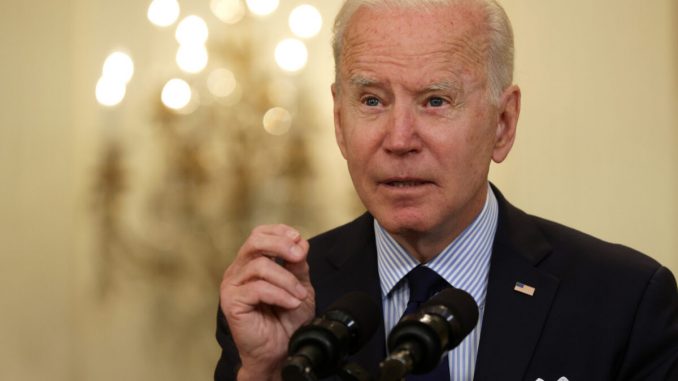
President Joe Biden and Treasury Secretary Janet Yellen on Friday sought to fend off claims that the enhanced unemployment boost was creating a disincentive for people to take jobs, after a wave of criticism to that effect following Friday’s disappointing employment report that showed a sharp slowdown in hiring despite job openings at near-record levels.
Biden was asked at a press conference Friday whether the federal $300 weekly jobless benefit top-up—above and beyond what states provide—had any effect on diminishing a return to work.
“No, nothing measurable,” Biden said, arguing that recovery from the pandemic recession would be a “marathon” not a “sprint,” and that although “we still have a long way to go” before the labor market recovers, “this month’s jobs numbers show we’re on the right track.”
His remarks came on the heels of the Labor Department’s jobs report, which showed that U.S. private employers added just 266,000 jobs in April, a sharp drop from March’s job gain of 770,000. The report also showed the unemployment rate ticked up to 6.1 percent from 6 percent, while job openings are at near-record highs, suggesting available jobs are simply not being filled.
Republicans have cast the report as a sign of failure for Biden’s policies.
“This is a stunning economic setback, and unequivocal proof that President Biden is sabotaging our jobs recovery with promises of higher taxes and regulation on local businesses that discourage hiring and drive jobs overseas,” said Rep. Kevin Brady (R-Texas), the top Republican on the Ways and Means Committee, in a news release. “The White House is also in denial that many businesses—both small and large—can’t find the workers they need.”
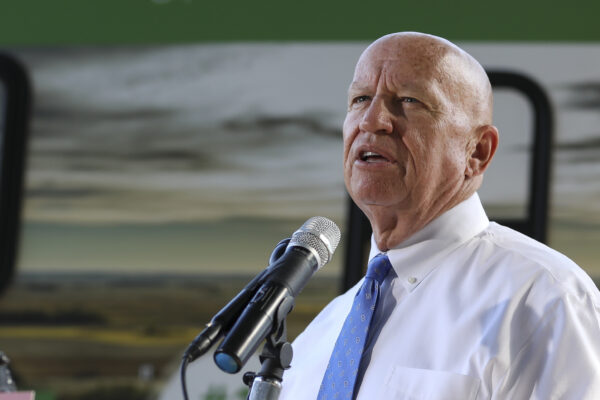
The U.S. Chamber of Commerce added to the blowback, calling for an end to the $300 jobless supplement, which is due to expire in September.
“The disappointing jobs report makes it clear that paying people not to work is dampening what should be a stronger jobs market,” U.S. Chamber of Commerce Chief Policy Officer Neil Bradley said in a statement Friday. “One step policymakers should take now is ending the $300 weekly supplemental unemployment benefit. Based on the Chamber’s analysis, the $300 benefit results in approximately one in four recipients taking home more in unemployment than they earned working.”
Rep. David Kustoff (R-Tenn.) made a similar argument when commenting on Friday’s lackluster jobs report in an interview on Newsmax, saying that many small business owners have told him that “we cannot get people to come to work.”
“The federal government has provided essentially a disincentive to want to find jobs, to want to work, and so that jobs report does not surprise me.”
He said that the extended unemployment benefits under the American Rescue Plan run through September, adding, “I think we’re going to see more of that, where people are going to say, ‘Look, I can make almost the same money by staying at home rather than going to work, why do I need to go to work?’”
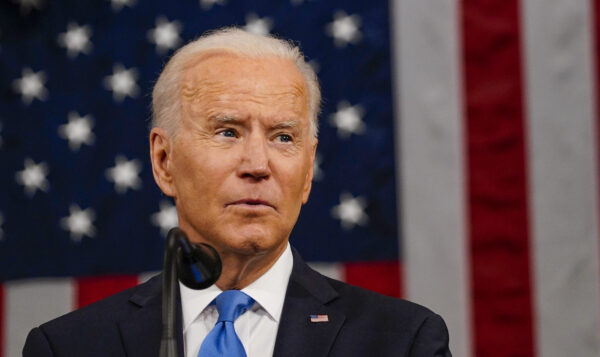
Biden pushed back against that argument during Friday’s presser, claiming, “Today’s report is a rebuttal to loose talk that Americans just don’t want to work.”
“I know some employers are having trouble filling jobs. But what this report shows is that there’s a much bigger problem, notwithstanding the commentary you might have heard this morning. It is that our economy still has 8 million fewer jobs than when this pandemic started,” Biden added, while reiterating his call for Congress to approve more spending—in the form of the American Jobs Plan and the American Families Plan—which the president argued would create more jobs and get people back to work by helping with child care costs.
Yellen, speaking at a press conference Friday, similarly sought to dismiss claims that the weekly jobless top-up was discouraging people from taking jobs.
“I really don’t think the major factor is the extra unemployment,” she said, arguing that the jobs data tends to be volatile and the broader trend is positive, pointing out that, on average, the economy has added around half a million jobs monthly in the past three months.
“There’s no question that we’re hearing from businesses that they are having difficulty hiring workers,” Yellen acknowledged, although she said that the hard-hit leisure and hospitality sector showed strong job gains in April.
“We saw a promising growth of 331,000 jobs in leisure and hospitality, which includes the restaurants and bars that have been so badly battered by this pandemic,” she said.
The report’s 266,000 overall job growth figure is a net number, with April employment in some categories, like motor vehicles and parts manufacturing (-27,000) and temporary help services (-111,000), seeing job declines.
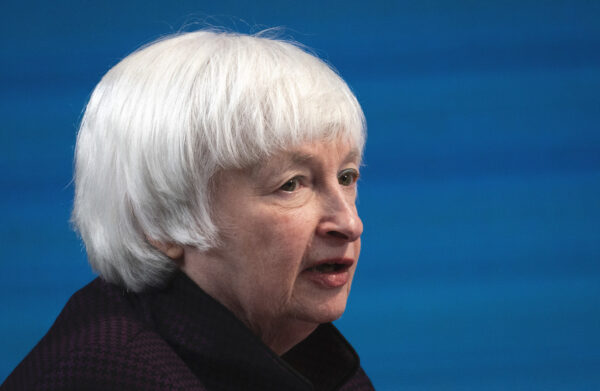
Meanwhile, restaurant owners and managers from New York, California, Washington, and Chicago told The Epoch Times that hiring woes have become a nightmare, in addition to a spate of other challenges like indoor occupancy rules.
Mark Fox, a Dublin native who lives in New York City, owns four restaurants in the Big Apple. While business is now finally starting to pick up, hiring troubles have slowed down the momentum.
“We have difficulty hiring hourly workers, bartenders, servers, bar-backs, busboys, runners, overnight cleaning staff,” Fox told The Epoch Times inside his flagship restaurant, The Ragtrader & Bo Peep Cocktail and Highball Store.
“We are probably 60 employees short,” he said. “I have one restaurant in Greenwich Village that I haven’t reopened yet because they don’t have the manpower.”
Hudson Riehle, the senior vice president for research at the National Restaurant Association said hiring difficulties in the sector are surging.
“When it comes to recruiting workforce, in January, seven percent of restaurant operators rated recruitment and retention of workforce as their top challenge; by April that number had risen to 57 percent,” Riehle told The Epoch Times.
Some economists say employers will have to offer higher pay to draw more people back into the job market.
The U.S. economy remains more than 8 million jobs short of its pre-pandemic level.
Bowen Xiao contributed to this report.



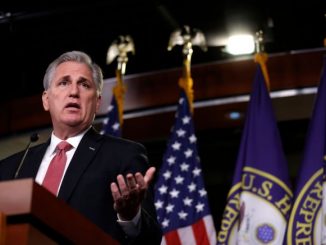

Be the first to comment